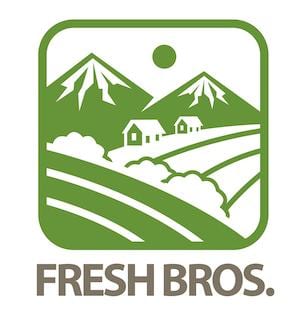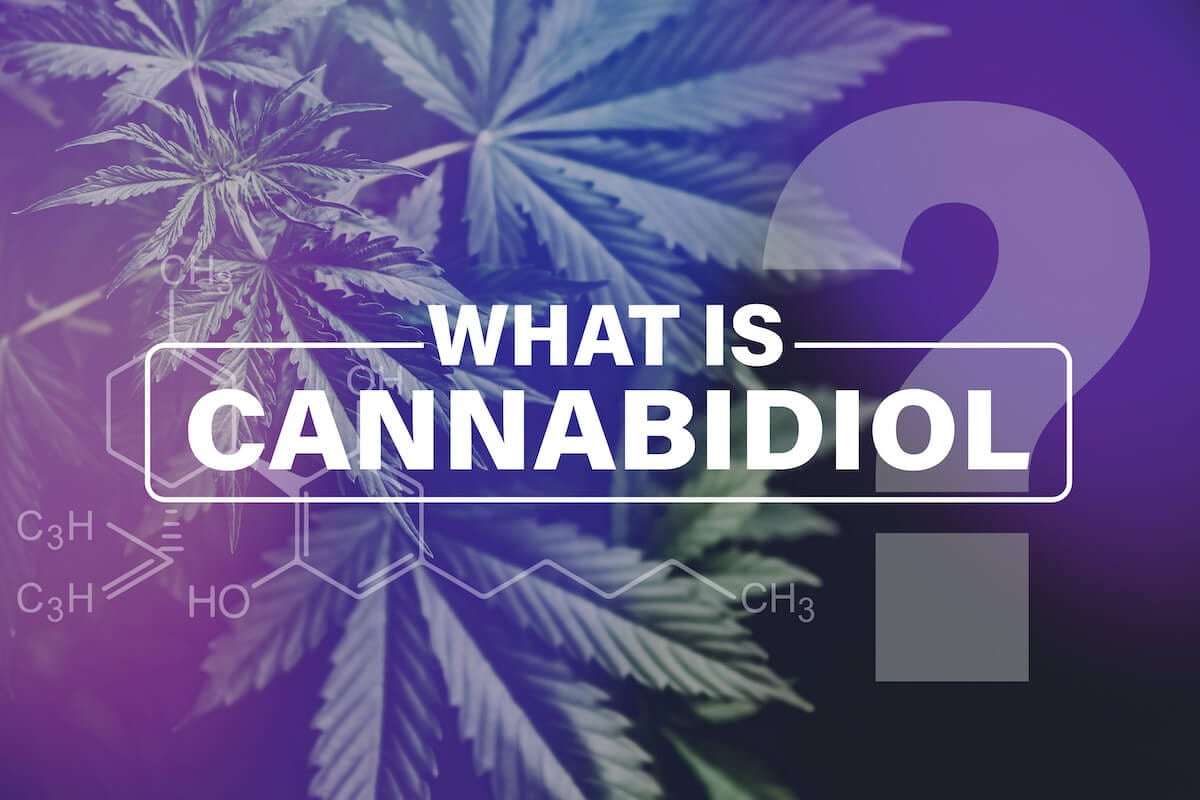Cannabidiol, “CBD” for short, is one of the most researched compounds of the 116+ known phytocannabinoids found in the cannabis plant.
What is CBD, though? Unlike THC, CBD does not get you “high”. Regardless, CBD is now frequently thought of as the single most significant cannabinoid ever isolated. With more and more study, the number of ways it is used keeps growing, providing an increasing number of options to people seeking better health.
How and Why Do You Use CBD?
The body’s absorption of CBD into the blood is often called bioavailability. Enhancing bioavailability means enabling more cannabidiol to be more available for the body to use. Applying CBD in different ways to the body alters its bioavailability. From edible and drinkable CBD products to CBD skincare, finding personalized options will help you create the best outcome.
Most new consumers are interested in what CBD oil consists of and why they should start using it. Many people use it for general well-being or to get more proactive with a daily health regimen. Everyone’s body works differently and there are countless ways CBD can be used to help.

CBD and The Endocannabinoid System
The cannabis plant includes heaps of cannabinoids that bind with Endocannabinoid System (ECS) receptors. Both principal receptors for cannabinoids are known as the CB1 and CB2. These receptors help regulate coordination, mood, pain, and hunger. CB2 receptors are located throughout the entire body and are commonly found in the immune system. They mostly have an effect on pain and inflammation.
CBD has a more regulating influence on the receptors compared to THC. It interacts with CB1, which ends in mild stimulation or obstructing of this receptor. CBD acts as a modulator that could amplify or reduce the receptor’s ability to transmit signals, much like a dimmer switch.
This activity is also considered to activate the body to make more CB receptors, leading to elevated natural levels of anandamide. With more CB receptors, the human body becomes more sensitive to normal endocannabinoids currently within the body.
Is Cannabidiol Legal?
Ancient cultures have utilized various breeds of cannabis for centuries to create prosperity and improve healthcare.
The mainstream science and health communities today are only beginning to recognize and accept the medicinal properties of various cannabinoids. Lifting the prohibitions that have limited and restricted the use of cannabidiol is an ongoing battle. Many countries across the world are starting to evolve their policies to protect the dignity of persons searching for safe and reliable medicine alternatives through cannabis.
The 2014 Farm Bill provided federal rights to develop and investigate industrial hemp cannabis sativa plants through state-regulated pilot and agriculture applications. With the passing of this 2018 Farm Bill, the development, production, and distribution of hemp became legalized — permitting hemp-derived goods like cannabidiol, to be easily bought and sold.

Both hemp and “marijuana” both derive from the same species Cannabis plant; the primary distinguishing feature between the two is the level of tetrahydrocannabinol (THC). Hemp is bred to have low THC (in the U.S. industrial hemp contains 0.3% or less THC and is consequently legal). Additionally, marijuana is bred to possess greater THC concentrations and remains federally illegal.
In 2014, Congress made provisions to legalize the cultivation of industrial hemp plants through state-regulated agriculture sections for hemp control and study. Furthermore, their latest judgment in 2018 eliminates industrial hemp as a federally controlled substance and Schedule I drug. In addition, it allows people to sell CBD domestically and internationally.
What Are The Laws for Cannabidiol?
The new laws on industrial plants implemented by Congress also guarantees that products generated from hemp plants — such as CBD oil — are far more easily available to the public. That said, individual nations can still make their own laws with respect to the distribution of hemp-derived products. Regarding U.S. Federal law, cannabidiol products from hemp comprising of less than 0.3% THC are legal to buy, sell, and use throughout the USA.



Thanks for sharing. Many more educational events need to occur to educate the public and dispel the Refer madness misconceptions and fears. I applaud your efforts. I tried with a brick and mortar in Laguna Beach but rents were high and locals thought I would sell marijuana to their kids. They even sent some in to bait me and I did advertise in weed maps and got a lot of disgruntled stoners. Live and learn.
Thanks, Patrick!! It means a lot. Use promo code ‘fresh’ for 30% off + free shipping at freshbros.com/shop – All orders over $100 get a free CBD hand sanitizer!!